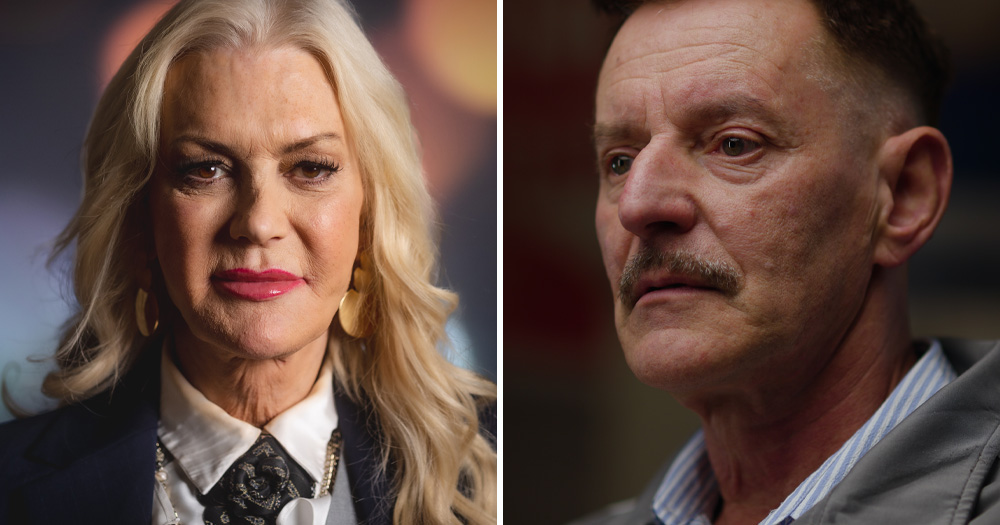A new documentary, entitled Memorial – The Story of HIV/AIDS in Ireland, is set to air on RTÉ One. The production spotlights survivors, frontline workers, and the families of those who died from AIDS-related illnesses, while charting the virus’ trajectory from its initial impact all the way to the recent unveiling of the memorial monument in Phoenix Park.
HIV/AIDS affected countless lives at its peak in the ‘80s and ‘90s, causing particular destruction amongst gay, bisexual and other men who have sex with men, haemophiliacs, drug users, sex workers, prisoners and women. There was little sympathy shown in government and wider society, with the media accused of having taken “revenge” on those deemed outcasts “whose demise they often exposed with some relish”.
LGBTQ+ activist Tonie Walsh said: “I always liken the AIDS pandemic to a war. There was a relentless quality to the death and destruction around us. I made a mental note of all the people I’d lost. And at one point, I was able to count to 43, the number I knew who had died from AIDS.”
Breda Gahan, a nurse who worked at St James’ Hospital during the pandemic, described it as a “privilege” and “misfortune” to have treated HIV/AIDS patients. “It was killing everybody on the AIDS unit,” she remembered. “As a nurse and a midwife, I’d been used to helping people get better. I certainly wasn’t used to people my own age, early twenties and a little older, getting sick and dying. Looking back now, I really think we needed counselling ourselves. It was hard to take.”
Speaking about the documentary, writer and producer Jonathan deBurca Butler explained: “This is a very important period in Irish history that has yet to be covered comprehensively. The scope of this documentary is broader than just the pernicious virus and its physical effects. I think it’s just as much an examination of a certain time in Irish society; how we often dealt with problems by skirting around them and how we treated people who were and are often seen as being on the margins.”
Director Graham Seely added: “In recent years, we’ve seen a resurgence in both the spread of misinformation and the marginalisation of vulnerable groups. This film serves as a stark reminder of the potentially deadly consequences of medical misinformation, media sensationalism and the stigmatising of marginalised people in our society.”
Today, HIV is classed as a manageable condition that can be undetectable and untransmittable if treated correctly. However, as Seely noted, misinformation and stigma persist.
Stephen O’Hare of HIV Ireland stated: “HIV has changed and a person now living with HIV can live a full and healthy life. While we’ve made incredible strides in HIV prevention and treatment since the darkest moments of the AIDS crisis in the 1980s, new transmissions of the virus will persist until we eliminate the crippling social stigma that surrounds it.”
Memorial – The Story of HIV/AIDS in Ireland will air on RTÉ One and RTÉ Player at 10:15pm on Thursday, November 28, in anticipation of World AIDS Day on December 1.
© 2024 GCN (Gay Community News). All rights reserved.
Support GCN
GCN is a free, vital resource for Ireland’s LGBTQ+ community since 1988.
GCN is a trading name of National LGBT Federation CLG, a registered charity - Charity Number: 20034580.
GCN relies on the generous support of the community and allies to sustain the crucial work that we do. Producing GCN is costly, and, in an industry which has been hugely impacted by rising costs, we need your support to help sustain and grow this vital resource.
Supporting GCN for as little as €1.99 per month will help us continue our work as Ireland’s free, independent LGBTQ+ media.
